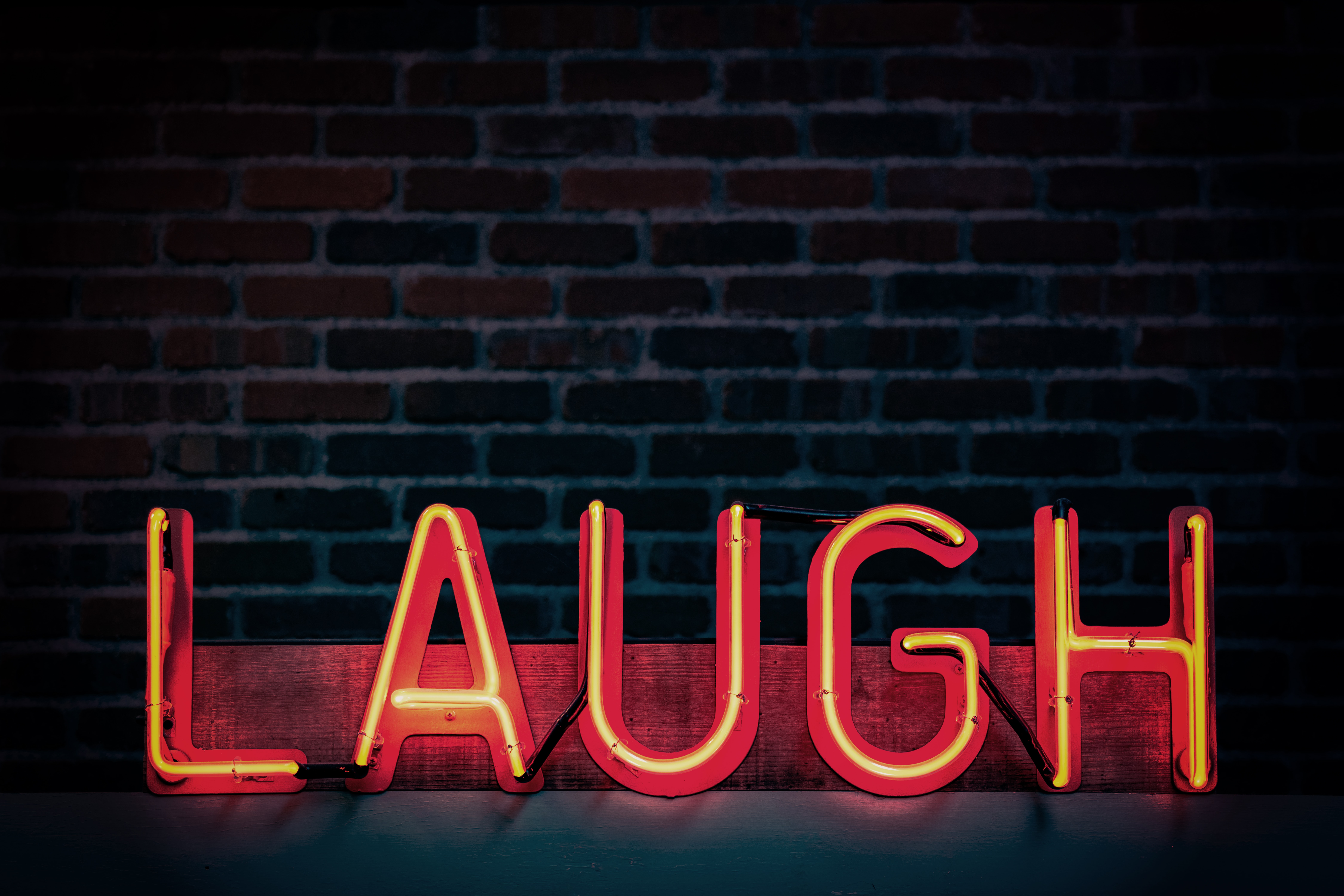I can pinpoint the exact moment I lost faith in meditation as an anxiety cure. I was on a flight from Melbourne to Hong Kong. I was in the throws of fully-fledged anxiety with no signs of it letting up. When I tried to meditate, it made me feel worse. When I engaged in some mindfulness techniques, my heart raced even more.
Attempts to slow and observe my thoughts were futile. Feeling the aliveness in my hands, a technique recommended by well-known mindfulness teacher Eckhart Tolle, simply led me to become more aware of my racing heart. Suffice to say, that after many hours of meditation and mindfulness, when I was 30,000ft in the air somewhere over Alice Springs, I was stressed and frustrated. I had no idea when it would end.
I liken my experience to the global anxiety we’re currently facing. Currently we’re living in unprecedented times. We can’t travel––or at the very least, we shouldn’t travel––we must socially distance, we’re advised to wear a mask, and wash our hands and, strangely, we have no idea how long we’ll need to take these measures. Unsurprisingly our anxiety levels are higher than ever.
Depressive disorders affected 350 million people globally pre-pandemic, but COVID-19 caused a 34.1% rise in anti-anxiety medication requests between mid-February and mid-March. The current climate is being called a mental health crisis.
Back in 2018 on that aeroplane I had no idea what to do. Without a solution I chose distraction. I watched a funny movie with the aim of simply distracting myself away from my racing heartbeat, sweaty palms, and busy mind, but what I actually found was so much more — it was an antidote. Around twenty minutes of belly laughter at the movie Mamma Mia was enough to completely shift my state from highly negative and stressed to relaxed. My anxiety was completely cured, and I fell into a lovely deep sleep.

If that sounds too simple a cure, that’s because it is. I call it an epiphany, or my ‘laugh-epiphany’. That evening when I lay in my hotel room in a hot and humid Hong Kong, I could barely believe what had happened. I resolved to thoroughly research laughter and find out whether my experience was a one-off.
It turns out, the saying, “laughter is the best medicine”, is backed up by a number of studies and stories. For one, laughter has been shown to increase life span. Korean researchers concluded in a 2005 study that optimists, and those who laughed more, were less likely to suffer from strokes and therefore outlived those who didn’t laugh as much. The results were echoed in two Norwegian studies: laughter and having a sense of humour proved to help people live longer by 31%, and increased the chance of people with end-stage renal failure, of living into retirement by 35%.
Laughter doesn’t just help us live healthier, longer lives; it can also be a spiritual practice. Laughter has been shown to produce the same gamma wave brain activity produced by experienced meditators: Himalayan monks. One of the world’s most well-known meditators, His Holiness the Dalai Lama, knows just how powerful laughter is. Not only is he known for creating a sense of fun and joy during his official events, he even calls himself a ‘professional laugher’.
After my laugh-epiphany I stopped forcing myself to meditate. Instead I started to laugh everyday in what I consider is genuine spiritual practice. Where in the past I might have felt guilty about watching Friends, or The Office instead of an informative, albeit depressing, documentary, I came to consider laughter, and therefore comedy and humour, an essential part of healthy living.
I laugh as my husband dances his way out of the shower every morning, I laugh as I listen to funny podcasts while I’m working, and I consciously select my content so that I watch mainly comedy shows, or content that is uplifting or neutral in emotion. During COVID-19 I’ve relied on laughter more than ever. Instead of listening to the endless cycle of virus case numbers, statistics, demographics, and deaths, I tune into light entertainment for the sake of my mental health.
Contagious joy has become my new lotus position.

